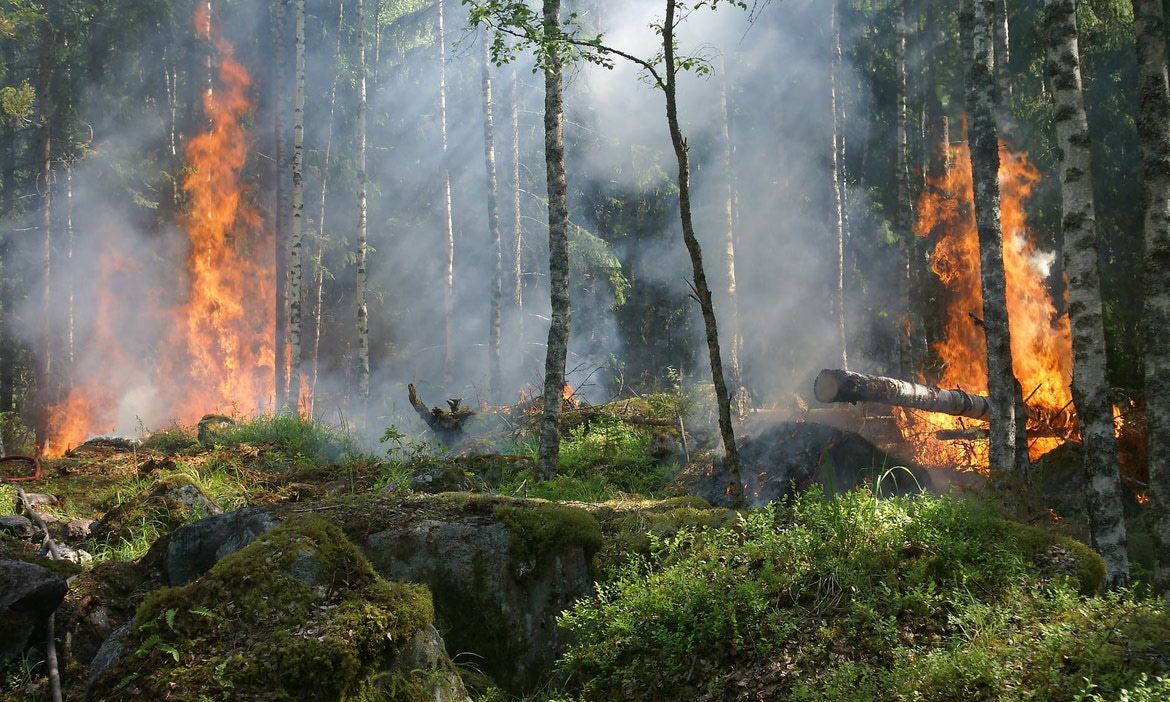Wildfire season started early this year in Alberta, but unfortunately, that doesn’t mean it’s quite over yet. This wildfire smoke contains particles that can irritate your eyes, nose, throat and lungs so if you have allergies, you’re at a much higher risk for worsened effects when the air quality is poor. If you’re an asthmatic and are still in an area amongst the wildfires, or are in a banned area, there are tips to help you!
Be Prepared
Making sure you’re ready before fire season begins is vital in how the season will play out for you. There are a few ways you can be prepared. It’s a great idea to get your house clean and have all of the windows closed. This will keep you protected when you are in your home. You can also get an appropriate mask for when you go outdoors. In case of an evacuation, you’ll also want to be prepared to evacuate with your personal belongings that mean the most to you and a disaster kit in case of emergency.
Protect Yourself
Keeping yourself protected when the season starts is also one of the most important things you can do, especially if you have asthma. Being ‘downwind’ from the wildfire zone is when you want to be most cautious. You can protect yourself by checking the local air quality as well as seeing where the local fire bans are. You can also protect yourself by…
- Staying indoors as much as possible.
- Keeping all doors and windows closed.
- Wearing a mask when outdoors.
- Carrying relief medicine with you at all times.
- Considering using an air filter, cleaner or HVAC system to improve the air quality in your home.
Check In With Your Doctor
It is recommended that people with asthma or other lung diseases, cardiovascular diseases or diabetes should check with their physician before, during and after wildfire season to see how their body is performing and if they need to change any medication to cope with the smoky conditions. It’s important to go see them right away if you are noticing large changes in your condition due to the smoke as this can cause further issues if left untreated.
Avoid Clean Up
After the season is over or a disaster occurs, many residents and volunteers will lend a helping hand during clean up. If you have a heart or lung concern, it is important to sit this one out. You should avoid the dust and soot, keep your face covered with a mask and stay clear from the area. Although you cannot help with clean up, there are many other ways you can help! Offer to bring water, supplies or food to the volunteers instead.
Now that you have some recommendations on what to do during wildfire season, you should feel safe and prepared for what could come. It is always important to remember that safety should be your main concern, so if something is ill advised or there is a ban in your area - stay clear! If you have asthma or a different lung or heart condition and are looking for medical attention, feel free to contact Advanced Respiratory Care Network for a consultation.

